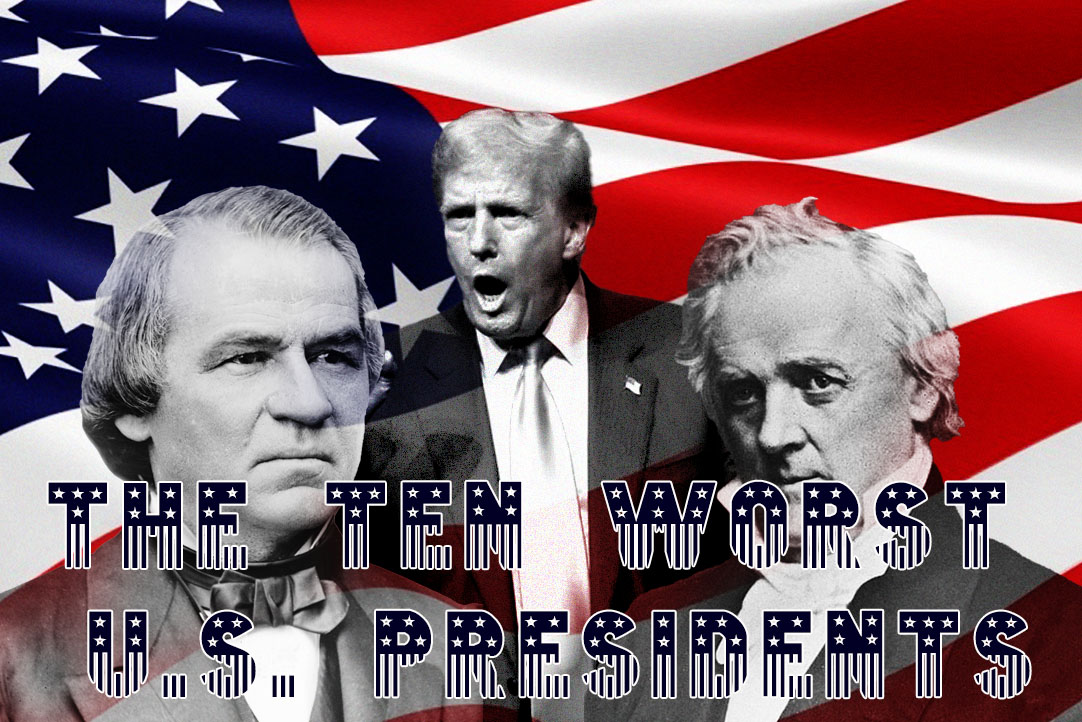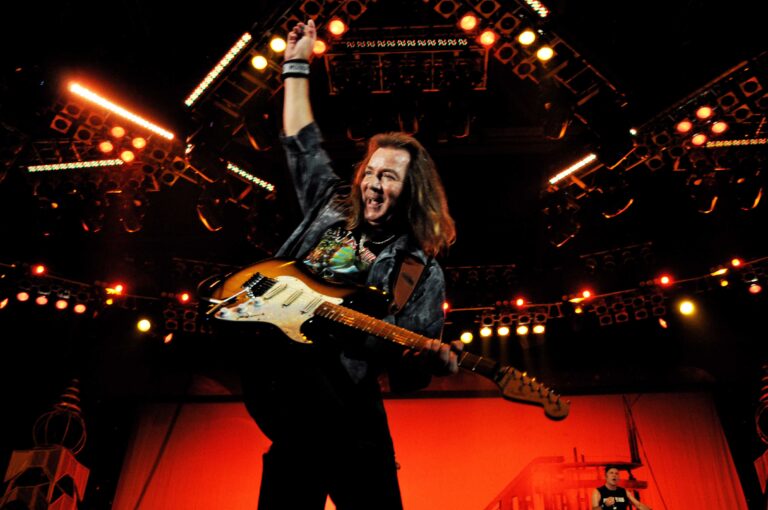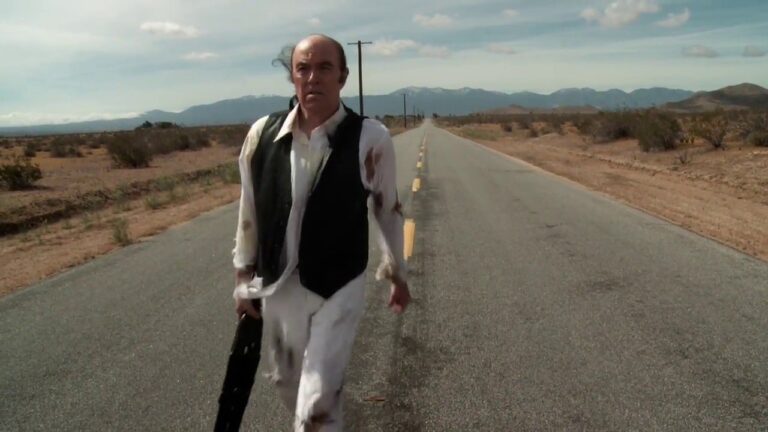
The U.S. presidential elections often feel like a circus, where spectacle sometimes outweighs substance. It’s surprising, even ironic, that such a major world power has seen its share of controversial, and even damaging, presidencies. Here’s a look at the ten worst of the worst.
- Donald Trump (2017–2021)
- Scandals: Trump’s time in office saw two impeachments — one for his dealings with Ukraine, the other for incitement of insurrection after the January 6 Capitol riot. His presidency was also marked by controversy over his handling of the Mueller investigation, his business entanglements, and conflicts of interest.
- Controversies: His approach to COVID-19, racial justice protests, and relentless attacks on the media deeply divided the country. His refusal to accept the 2020 election outcome and baseless claims of voter fraud led to the Capitol insurrection.
- Unpopularity: Although Trump kept a loyal base, his approval ratings remained low overall, and he was one of the few presidents to lose re-election after a single term.
- Impact on Democracy: Many critics argue that Trump’s attempts to overturn the election posed serious risks to democratic norms.
- James Buchanan (1857–1861)
- Failures: Buchanan’s presidency is infamous for its failure to address the growing divide over slavery, which eventually sparked the Civil War. His reluctance to act against Southern secession is viewed as a grave misstep.
- Scandals: He faced accusations of corruption and of siding with pro-slavery interests.
- Andrew Johnson (1865–1869)
- Failures: Johnson, succeeding Abraham Lincoln, is criticized for his lenient approach to Reconstruction and opposition to civil rights for freed slaves, leading to his impeachment — the first of any U.S. president.
- Unpopularity: His vetoes of civil rights laws and failure to support Reconstruction earned him significant public disapproval.
- Warren G. Harding (1921–1923)
- Scandals: Harding’s administration was riddled with scandals, most notably the Teapot Dome scandal, involving illegal oil leasing. His poor choice of corrupt officials further tarnished his presidency.
- Failures: Harding’s lack of control over his administration overshadowed his leadership and eroded public trust.
- Herbert Hoover (1929–1933)
- Failures: Hoover’s handling of the Great Depression is widely seen as inadequate. His policies failed to alleviate widespread unemployment and poverty.
- Unpopularity: Hoover’s reluctance to provide direct aid to struggling Americans and his treatment of Bonus Army protesters marred his reputation.
- Franklin Pierce (1853–1857)
- Failures: Pierce’s support for the Kansas-Nebraska Act, which allowed slavery to spread to new territories, fueled sectional conflict and moved the nation closer to civil war.
- Unpopularity: His sympathy for the South alienated Northern voters, weakening his support.
- Richard Nixon (1969–1974)
- Scandals: Nixon’s presidency is forever linked to the Watergate scandal, involving a break-in and cover-up that led to his resignation — the only U.S. president to do so.
- Unpopularity: Although he had notable accomplishments, Watergate overshadowed them, leaving a legacy of widespread mistrust in government.
- Millard Fillmore (1850–1853)
- Failures: Fillmore signed the Compromise of 1850, which included the Fugitive Slave Act, requiring the return of escaped slaves and angering Northern abolitionists.
- Unpopularity: His support of pro-slavery policies made him unpopular in the North and ultimately prevented his re-election.
- Ulysses S. Grant (1869–1877)
- Scandals: Grant’s presidency, though led by a respected Civil War general, was plagued by corruption, including the Whiskey Ring and Credit Mobilier scandals.
- Failures: His inability to manage corruption in his administration damaged his legacy, despite his efforts in Reconstruction.
- John Tyler (1841–1845)
- Failures: Tyler frequently opposed his own party’s policies, leading to his expulsion from the Whigs. His pursuit of Texas annexation heightened sectional tensions.
- Unpopularity: Known as a president without a party, Tyler was one of the least popular presidents, failing to gain support from either the Whigs or Democrats.






